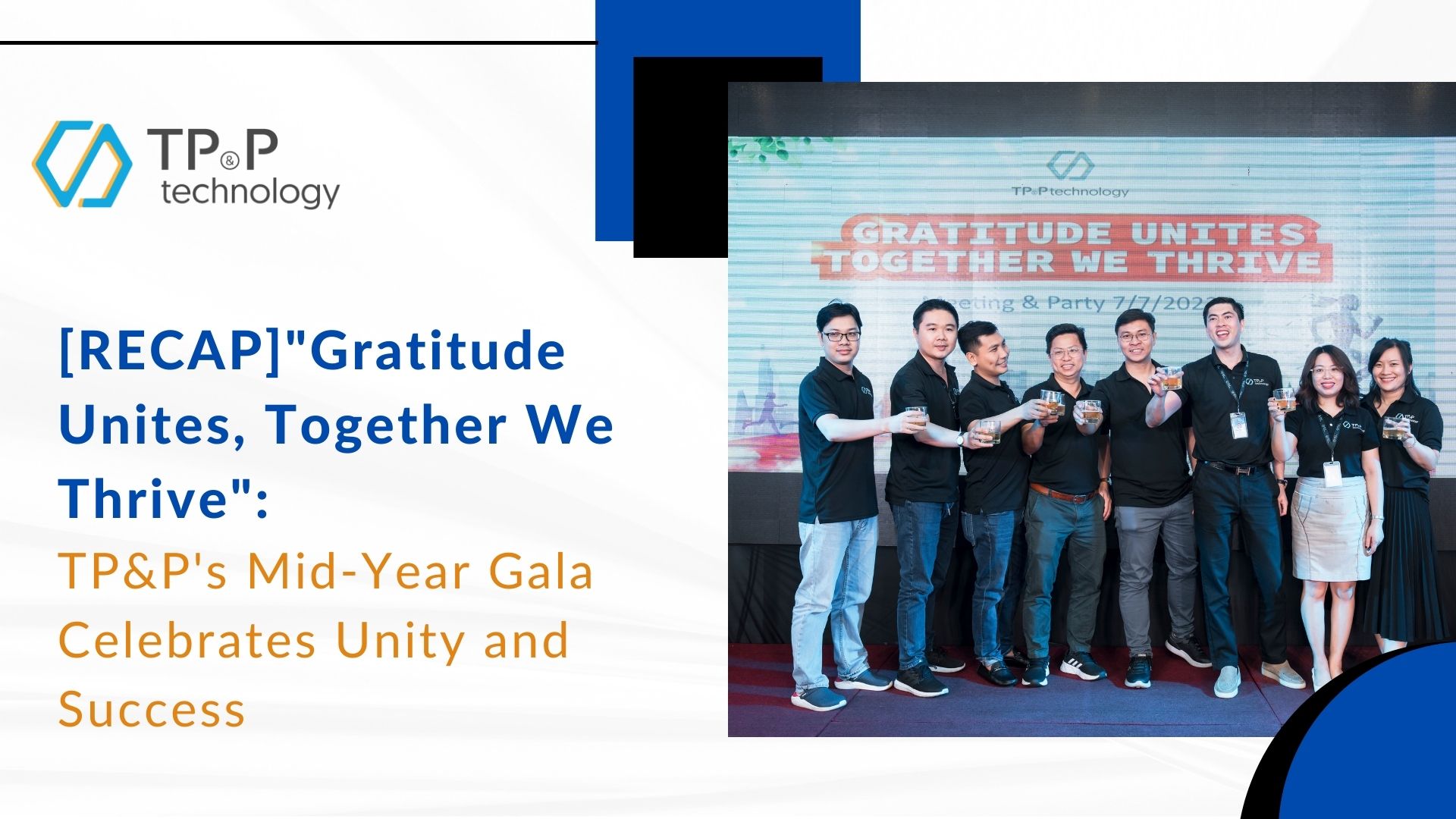
Top 4 Tips To Become An Effective Software Engineering Manager
In addition to highlighting some tactics to step up your productivity and improve your organisation, this post outlines common problems software engineering manager faces on a daily basis.
It's not simple to manage software engineering. This job necessitates a high level of patience as well as excellent time management abilities. The capacity to direct projects and collaborate closely with other team members is also necessary.
Any successful development team will have a great manager working behind the scenes, just look at any successful team. That is simply the way things are.
This article discusses some everyday problems that software engineering manager meets as well as some techniques you can employ to improve your performance and the effectiveness of your department. Continue reading to discover more about becoming a greater software engineering manager.
Common Mistakes That Software Engineering Managers Meet
After assembling a team with great talent, everything might seem to be falling apart. After years of being a star developer, and leading a team of well-selected engineers, something just doesn’t seem to click. Everything is going haywire.
Projects are rarely cut and dried, and as a manager, you need to be ready to field a variety of issues that may come your way. How you respond to challenges as a manager will have a big impact on your overall career trajectory—and the success of your team and company.
Let us look at some of the possible challenges that you might be facing as an engineering manager and ways to overcome them.
Typical Mistakes Made By Software Engineering Management
Everything might appear to be unravelling after assembling a highly talented team. Something just doesn't seem to work in managing a group of carefully chosen engineers, after years of being a top developer. Everything is out of control.
Projects are rarely straightforward, so as a manager, you must be prepared to handle a range of potential problems. The success of your team and business will be greatly influenced by how you handle challenges in your management position.
Let's analyze some of the difficulties you might experience as an engineering manager and discuss solutions.
First Mistake: Thinking as a Developer
The assumption is frequently made that successful developers' abilities and knowledge will automatically transfer when they are promoted to management positions. However, even the most talented and successful employees usually fall short of managers. This is mainly due to their inability to inspire others to give their best work because they lack the necessary experience or interpersonal skills.
As a result, before taking on a management position, it's crucial to change your perspective. Get out of the software developer mindset as a best practice. Instead, begin to think like a manager, coach, or supervisor. You might even want to enrol in a leadership course and speak with other managers to get advice from professionals.
Second Mistake: Establishing planned objectives and milestones
Goal-setting is not the same as making wishes. You must establish objectives and desired milestones for the team to achieve rather than simply making an attempt. Setting goals is simple, but achieving them is a different story.
Setting goals can be difficult in the following areas:
- Too many objectives are set at once. For engineers, having too many goals can be overwhelming, making it impossible to complete them all by the deadline.
- Setting unrealistic time estimates for tasks to be completed.
- Your team's lack of confidence. Some goals you might not set because you're afraid of failing. The aims you defined for your developers will be constrained if you lack the confidence in them. You might not have sufficient confidence in your department to complete some tasks. As a result, specific targets that would be simple to achieve are omitted.
Third Mistake: Productivity and tiredness management
Workload levels in companies fluctuate, especially for new startups. Engineers are sometimes required to work long hours due to a heavy workload. The workload can be light at times as well.
The difficulties of striking a balance between burnout and productivity will face you as a manager when:
- Although there are deadlines and goals you must meet, the workload is still enormous. When they have a deadline to meet, managers frequently give engineers more tasks with short deadlines.
- It will be challenging to associate an engineer's life with this work environment. It can be very difficult to create a work environment where engineers feel comfortable.
Members' Health
During iteration planning, many managers decide to talk openly about workloads. Team members ought to be able to discuss their current workloads and ask for assistance if necessary during these meetings. This strategy makes it possible to ensure that everyone is comfortable before the sprint starts.
Fourth Mistake: Neglecting Code Smells
Code smells are warning signs that may point to a more serious problem in the source code. This may involve problems with message chains, duplicate code, and dead code.
Contrary to what the name might imply, code smells are typically advantageous as they allow users identify technical problems within applications. They occasionally reveal exciting issues as well as chances for improvement.
Nevertheless, recognizing smells is only half the battle. Finding and fixing the root causes of issues is a completely different task. Unfortunately, it is common for managers to ignore code smells and wait for underlying inefficiencies to worsen before taking action.
By encouraging team members to detect and eliminate smells during development, complications can be avoided. In fact, some managers even favour rewarding developers who find and eliminate smells before they reach production. This encourages preventative maintenance and results in a team that produces software of higher quality.
Fifth Mistake: Underestimating security holes
The days of engineering managers relying on security teams to safeguard their code are long gone. DevSecOps is becoming more and more popular among businesses, which are also asking managers and developers to assume security responsibilities.
Critical cybersecurity problems can arise when problems with permission escalation, vulnerabilities, and cloud misconfiguration are overlooked. These may put operational stability in danger and necessitate high - priced rework. Managers of software engineering should seek advice from security experts and cross-train developers in security-related tasks.
Making security a team effort and promoting more testing during development lead to a more secure and productive environment with fewer problems and development roadblocks.
Guidelines for Growing as a Software Engineering Manager
It should be clear that managing software engineers is not an easy task. Software delivery pipelines can be disrupted by a variety of problems, which can delay projects.
But it is possible to avoid problems and boost output with the right approach and a proactive mindset. The following advice can be used to enhance workflows and nurture stronger bonds with members of the team and executives.
Trust
Trust is at the core of what sabotages developer productivity the most. Managers must have faith in their staff and give them space to work. Micromanaging reduces team productivity, which lowers team members' self-confidence and motivation. The foundation of the relationship between managers and their teams should be trusted. Furthermore, rather than the other way around, the manager's role and job are to create it. So first, have faith in your group.
Managing the team's motivation
The team's productivity and the success of their releases are directly related to their motivation. There are numerous ways to maintain high motivation. Here are a few examples:
- Assist the group to recognize the impact of their work on the company.
- Avoid focusing too much on failure. There will always be mistakes made: builds, deployments, and missed deadlines. Take full responsibility and concentrate on what you can learn from your mistakes. The goal is to avoid having to fix identical problems twice. This will instill a growth-oriented mindset in your team.
- No matter how big or small, acknowledge each accomplishment and give the participants the highest praise.
- Be open-minded. As a rule, communicate excessively. While some leaders believe they must shield their teams from executive-level distractions, there is a distinction between helpful shielding and unintentionally refusing engineers' essential business context. Managers want the members of their teams to feel invested in the company's future and included.
Ability to work with departments outside of engineering
Non-technical stakeholders may speak in a very different language from the development team. A strong dependency on them would introduce a potential liability into the project, so good managers avoid taking on the role of the single point of contact. They frequently involve their team in relevant conversations, but they take care to shield the team members from constant interruptions. Being the first point of contact is a big difference from being the only point of contact, which is what good managers strive to be.
Capability to make difficult decisions and resolve conflicts
Even if their choice is unpopular, good engineering managers will take a courageous course of action. They don't choose poorly just because their team advises it and it is the moral thing to do. Good engineering managers don't just concentrate on the problems they are facing right away, but also on the path ahead and the values, they ensure. They don't just select industry best practices because they will draw in the "right" talent. For instance, managers will not employ the newest technologies; instead, they will weigh the benefits and drawbacks before selecting the best option for their team and organization gave the available resources.



